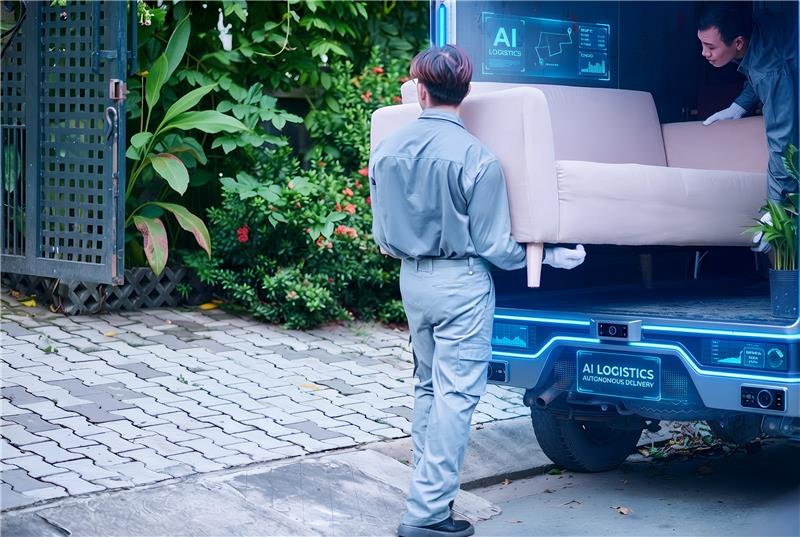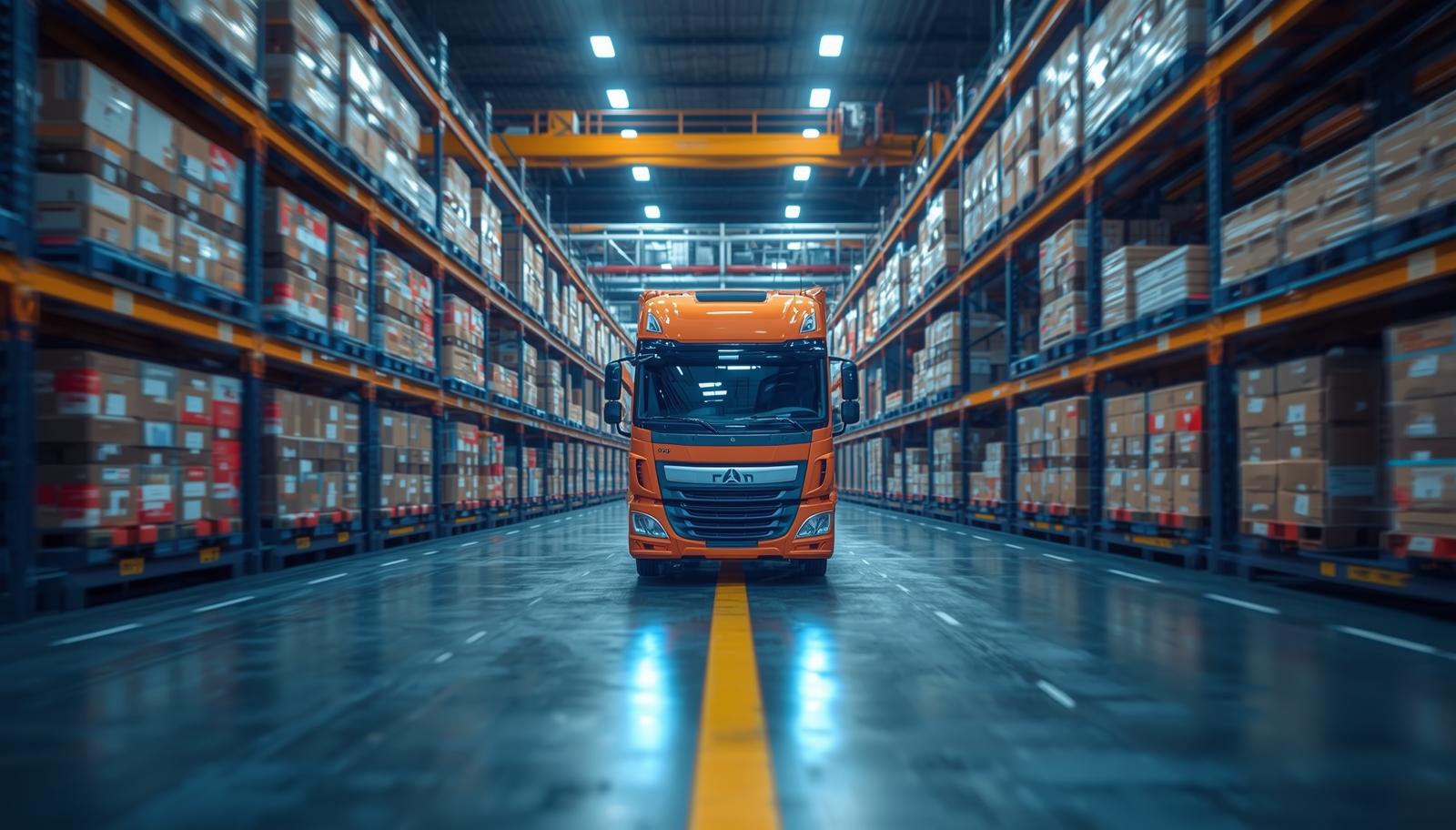
According to global market trend analysis firm, Mordor Intelligence, the market for cross border logistics in the Gulf Cooperation Council region is set to grow from $50.72 billion in the year 2024 to as much as $66.61 billion in 2029. This robust projected compound annual growth rate in the logistics service market among the UAE, Saudi Arabia, Qatar, Oman, Kuwait, and Bahrain is made possible by several key innovative industrial trends which work to produce seamless trade borders.
Keep in mind that the innovation trends described below do not exist in a vacuum. They require the right regulatory, tax, and legal framework. Thanks to the GCC’s business-friendly policies, technical and managerial innovations, when paired with geographic advantages, help ensure that cross border logistics in this area of the world continue to improve year after year.
Innovation Trend #1: GCC Continues to Grow as an Inventory Distribution Hub
Global distributors and market players continue to flock to the GCC region due to its strategic location between the manufacturing hubs and supply chains of Asia and the sizable existing consumer markets of the Eurozone, North America, and Northeastern Asia. Free trade zones, favorable tax policies, and business-friendly regulatory environments, among others, further add to this region’s attractiveness to global manufacturers and distributors further enhancing opportunities for both regional and international logistics players.
The GCC also covers the area where the large bulk of the world’s energy resources are extracted, processed, and distributed-making it an ideal site for innovation in streamlined inventory storage and transport. Lower energy costs in this region also helps reduce logistics firms’ overall costs.
Innovation Trend #2: The GCC Consumer Market’s Continued Growth Makes it Attractive as a Trade Destination and Transit Point
Beneficial cargo owners (BCOs) and other direct non-third party importers continue to benefit from the rapid growth of the consumer market in the UAE and other markets. Given the modern logistics infrastructure of the GCC’s ports, trucking, and other transport components, direct importers can easily and seamlessly transition from importing goods for Gulf region consumption to global forward shipment. Increasingly, beneficial cargo owners are leveraging pre-existing logistics assets to hold inventory for further shipment to Europe, North America, and Northeast Asia.
BCOs use a centralized order and inventory management system to pair actual customer orders with inventory pulling and routing to increase efficiency and reduce costs.
Innovation Trend #3: The Continuing Shift to Online Consumer Sales Boosts Further Logistics Integration
The GCC’s e-commerce revenue growth is projected to reach $50 billion in 2025. The massive year over year growth in consumer transition to online transactions will further boost the integration of online order processing and fulfillment and logistics. Increasingly robust software suites ensure that the consumer sales journey-from seeing ads, clicking ads, reviewing product pages, ordering, inventory management, cross-border shipping, order tracking, and order receipt-will become as smooth and convenient as possible.
Given the continued rise in consumer demand for purely online sales transactions, the demand for logistics services to make such transactions possible will also continue to rise at roughly the same pace.
Innovation Trend #4: Continuous Logistics Improvements Help Further Enhance Free Trade Borders
While the free trade framework of the GCC has been in place since 1983, continued improvements in logistics software help both BCOs, distributor, and third-party shippers better deal with common headaches like border crossing delays. Firms are increasingly using software to anticipate potential traffic bottlenecks, map out optimized alternative routes and improve communications with border officials to save both time and money. Firms can now proactively detect potential cargo transport problems and delays ahead of time and avoid them.
Innovation Trend #5: The Rise of Online Road Freight Marketplaces Help Global and Regional Firms Streamline Their Logistics Costs
Encouraged by 100% foreign ownership laws, global brands are increasingly moving to the UAE and other GCC countries to setup branch locations to more directly service their Mid-East/North African regional markets. This shift further fuels the rise in demand for road freight services and the digital marketplaces that offer them. This development leaves the door open for a wide range of innovation that directly work toward more seamless borders like standardization, enhanced inventory tracking, the Internet of Things and other technologies.
Given the five key logistics innovation trends described above, it is clear that technological or software innovation that help make cross border shipments smoother are dependent on other systemic innovations.
Free trade zones help minimize common legal friction like tariffs and customs duties to ensure the freeer flow of goods through key GCC countries either for domestic consumption or for further shipment to markets in Europe, North America, or Northeast Asia. Reducing conflicting duties and customs rules have gone a long way to boost the overall volume of shipping through the GCC region. Standardizing regulations have also enabled logistics firms to pursue uniform technology to make their operations more efficient due to lower customization costs.
Full foreign ownership laws also help boost innovation in the logistics industry by paving the way for international players to set up shop in Gulf countries to provide a better service selection for BCOs and distributors. Market competition incentivizes both local and foreign logistics firms to streamline operations to reduce costs and offer better pricing and service quality to clients. This leads to better services for both domestic and international customers.
The GCC’s clear and well-funded infrastructure development policies also provide a predictable framework for international logistics players to make long-term plans without fear of abrupt policy u-turns, distortions, or other costly surprises. Accordingly, both domestic and international firms can confidently commit to large capital outlays involving software upgrades or even custom software development for boosting systemwide efficiency.
Finally, a welcoming and encouraging environment for startups help foster innovation of both the gradualist and disruptive kind for the logistics industry. For example, Dubai’s business-friendly environment paired with tax incentives and relaxed residency rules help ensure that the GCC continues to attract more than its fair share of the globe’s innovators. This business-friendly environment paves the way for continuous and sustained software and operational innovations in the logistics industry in the GCC and beyond.
About Wahyd Logistics
Learn more about Wahyd Logistics technology enabled logistics marketplace here. Allowing you to book, track, and manage your shipments with the touch of a button, our transparent, end-to-end logistics management solution caters to a number of industries worldwide.






